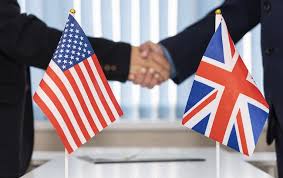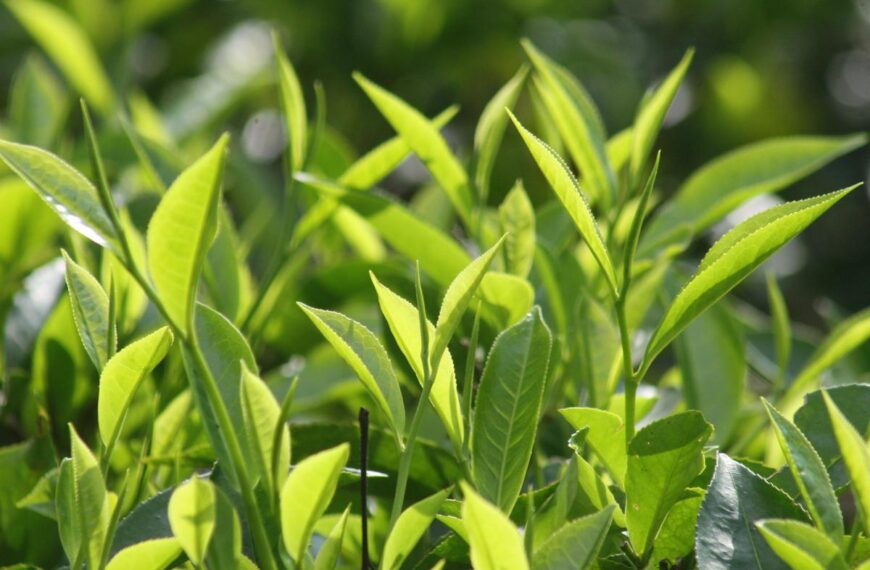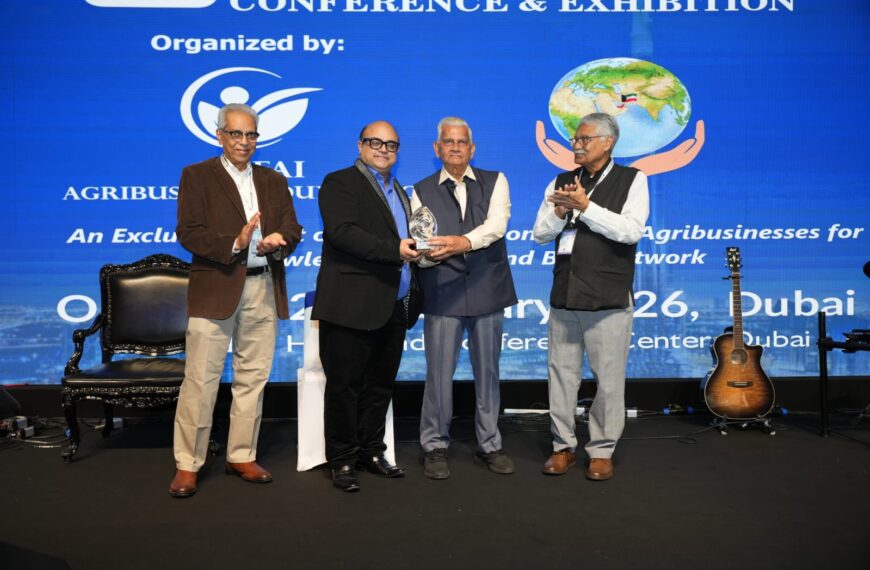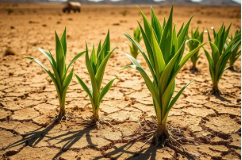
Kerala’s Agriculture Minister P. Prasad has raised strong objections to the proposed India–United States Free Trade Agreement (FTA), warning that key demands from the US—particularly related to agriculture and dairy sectors could prove devastating for India’s small-scale farmers and agrarian states like Kerala.
In a letter addressed to Union Commerce Minister Piyush Goyal and Union Agriculture Minister Shivraj Singh Chouhan, Minister Prasad expressed serious concern about the import of heavily subsidized US agricultural commodities, which he argued could destabilize domestic markets and undercut Indian producers.
Key Concerns Over Subsidised Imports
The Minister specifically flagged the potential impact of importing US soybean oil, which benefits from up to 80% production subsidies. Such imports, he said, would severely disrupt the domestic coconut oil industry a crucial livelihood source for thousands of farmers in Kerala.
He also warned against the influx of low-cost synthetic rubber, which could gravely affect natural rubber cultivators in Kerala, one of the leading producers of the crop in India.
Incompatible Agricultural Models
Minister Prasad highlighted the stark contrast between the two nations’ agricultural systems. While US farming is dominated by large-scale mechanisation and extensive government subsidies, Indian agriculture remains heavily reliant on small and marginal farmers, most of whom lack access to such resources or protections.
He cited the ASEAN Free Trade Agreement as a cautionary tale, noting that tariff cuts on key crops like edible oil, pepper, tea, and coffee led to a crash in domestic prices and a significant decline in farmer incomes.
Opposition to GM Imports and Ecological Risks
Prasad also criticized NITI Aayog’s recent recommendation to allow duty-free imports of genetically modified (GM) soybean and maize, arguing that such a move contradicts India’s current agricultural policies and poses a serious threat to biodiversity, particularly in ecologically sensitive states like Kerala.
“The introduction of GM crops and industrialised feed will not only marginalise traditional farming systems but also harm Kerala’s unique agro-ecological balance,” he wrote.
Ongoing Trade Negotiations in Washington
Meanwhile, in Washington, India’s top trade negotiator Rajesh Agarwal continues to lead discussions with US counterparts as the two nations attempt to finalise an interim trade deal. According to CNBC-TV18, the agriculture and dairy sectors remain key sticking points, with India resisting US pressure to open these sectors.
While the US is pushing for broader access and is willing to retain a 10% tariff rate on certain goods, India has called for zero tariffs on select labour-intensive sectors like textiles and apparel an area it hopes to strengthen to compete with Vietnam, Indonesia, and Bangladesh in the American market.
On the issue of steel exports, the US has shown little flexibility, maintaining a 26% tariff on Indian steel products. Officials suggest an exemption for India is unlikely at this stage.
Kerala Demands Agri and Dairy Exclusion
Minister Prasad urged the Centre to exclude agriculture and dairy sectors from the ongoing FTA negotiations. “The livelihoods of millions of Indian farmers are at stake. Any trade agreement must protect their interests and uphold India’s agricultural sovereignty,” he stated.
As trade talks progress, pressure is mounting on the Indian government to balance global trade interests with domestic economic security, particularly in the sensitive agriculture sector.























